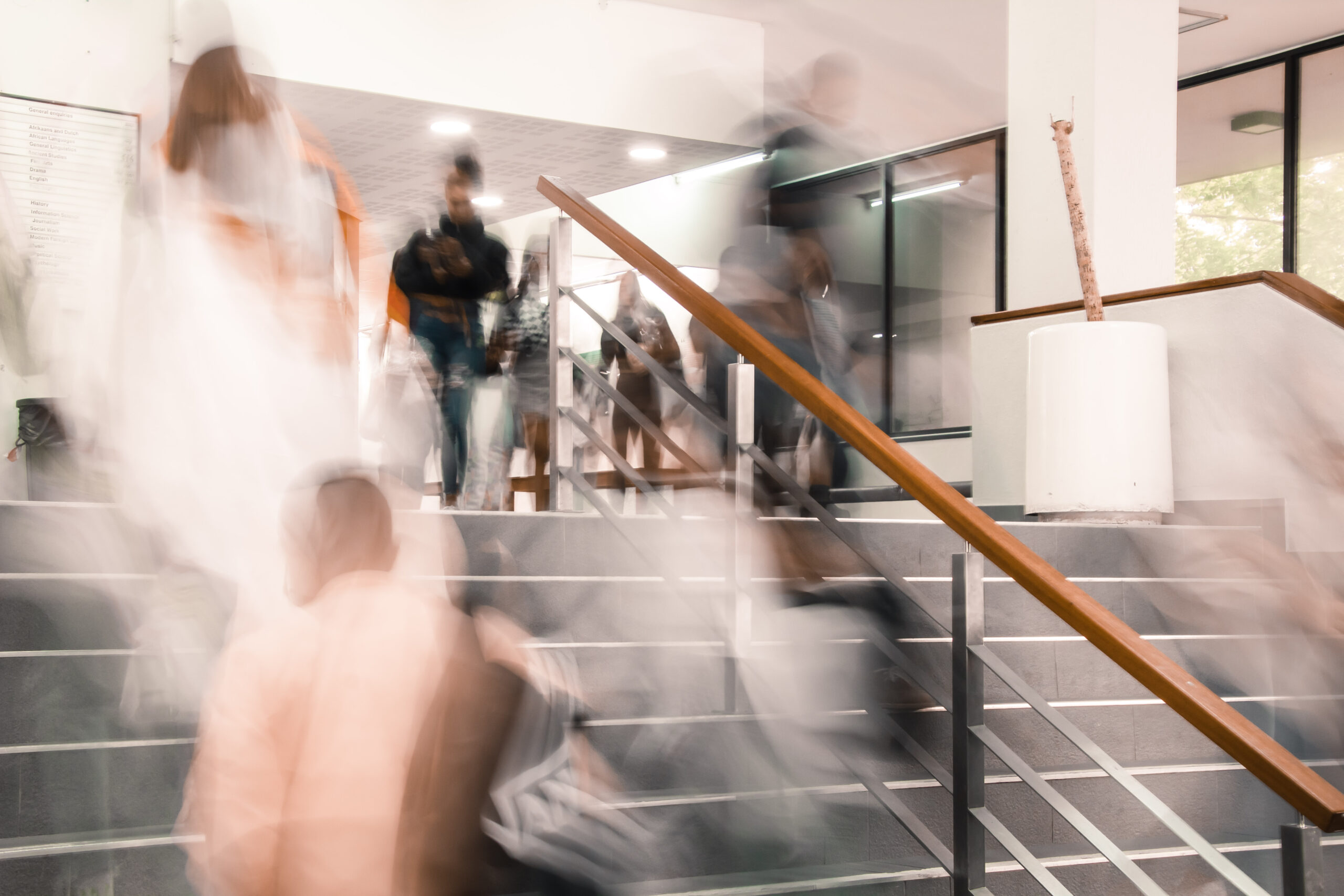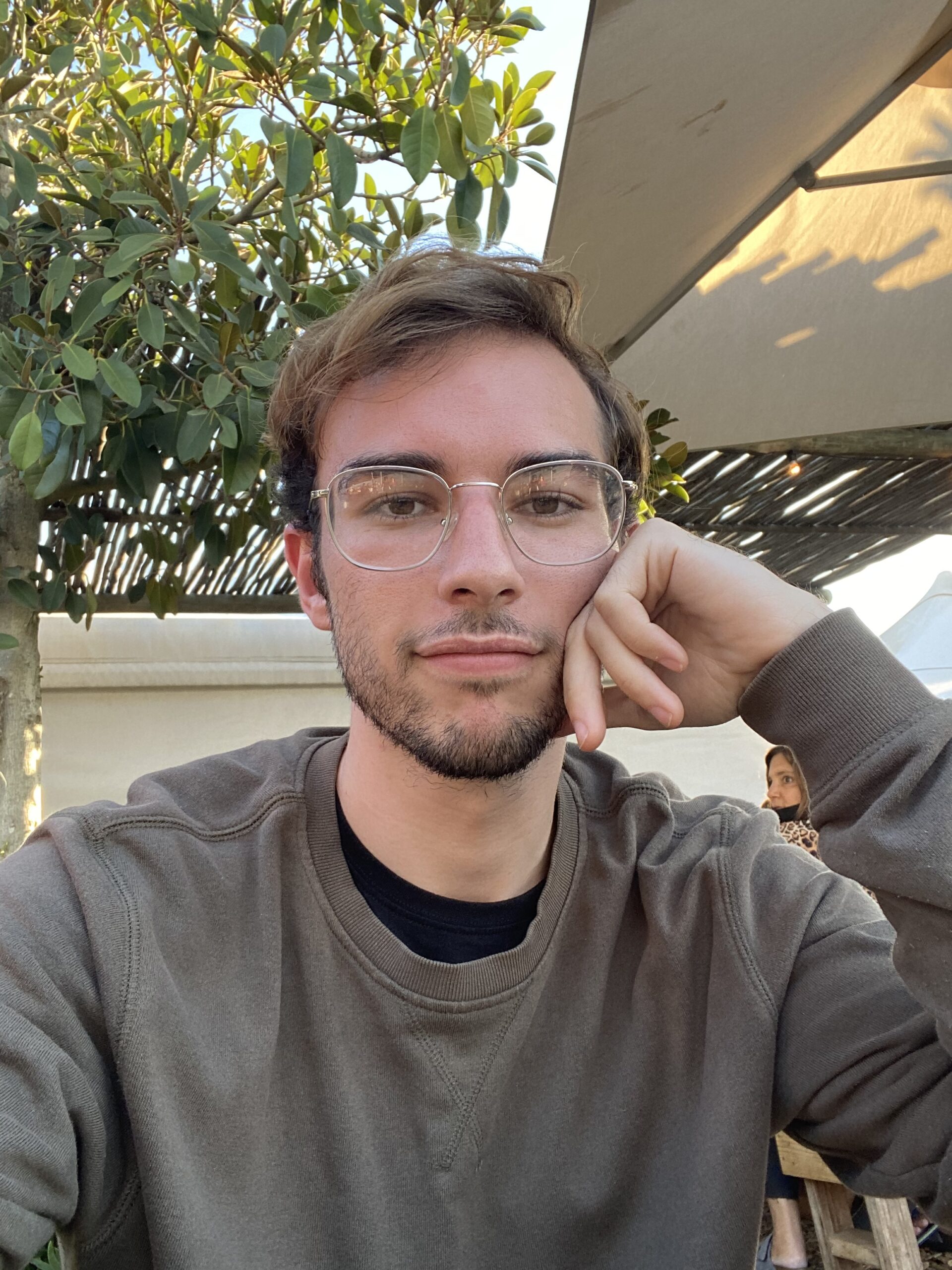BY GIUSEPPE GUERANDI
I arrived in Stellenbosch in 2018, anxious and uncertain. As someone who had spent years cultivating confidence and assurance in my queer identity, my preconceptions of this environment were less than reassuring. As someone placed in an all-male and men’s residence, those fears were tenfold.
I expected overt antagonism and queer prejudice at worst and micro-aggressive, faux-tolerance at best. What I received was not far from this.
‘Queerphobia’ exists in many forms, much like any socialized and systemic intolerance. It penetrates both the physical and psychological sanctity of queer bodies. It is both violent and passively normalised. It is multi-faceted and pervasive, and I could write a novel’s-worth of personal anecdotes from the last two years. In my ‘welcoming’ week I was accommodated with heteronormative socials and hyper-masculine practices.
In conversation with cisgendered heterosexuals, I am a politicised source of knowledge to cross-reference problematic questions (I have actually been asked if my gender fluidity still makes me a person).
On a night out my gender expression is an oddity for either entertainment, ridicule or active violence. Public displays of my same-sex relations are still tinged with fear.
Support from Stellenbosch University and residences for queer initiatives is few and far between, answers for accountability are even fewer, and allies to the community are a rarity. This is not merely a laundry list of oppressions, but rather an articulation of the constant, all-encompassing forms of queerphobia endured by just one queer humxn. Less than a week after Cape Town Pride, I was attending a rally against Wilgenhof in light of recent queerphobic events concerning that community.
The very next evening I experienced a homophobic attack in a McDonalds after a night out. It dawned on me that despite my pride in my identity, and unapologetic attitude to sexual and gender expression, Stellenbosch will remind me of its intolerance in one form or another. In the case of Wilgenhof, our structures are protecting a bigot as opposed to those subjected to his queerphobia, going so far as to maintain his mentor-status.
The resident head of Wilgenhof made it clear, after questioning, that neither him nor his counterparts in management knew how to handle the situation. All we know is that they still need time to discuss, reflect and formulate an approach. They speak about the issues that face us as if it were an administrative issue needing processing, as opposed to real lives and humxnity at stake. This is institutional rot, and queerphobia is undoubtedly a manifestation of that rot.
So to answer the initial question succinctly: yes, Stellenbosch is queerphobic. It exists in all spheres of this community, and individuals and movements, such as anti-GBV, are fighting these plagues alone. To be a minority is not simply to be small in numbers, it is a feeling.
It feels like you’re alone. It feels like you are not safe. It feels like nobody cares.
* I understand that ‘queerphobia’ is a problematic and misleading term however, for the sake of clarity and due to linguistic limitations, that is the term used throughout this piece. –



